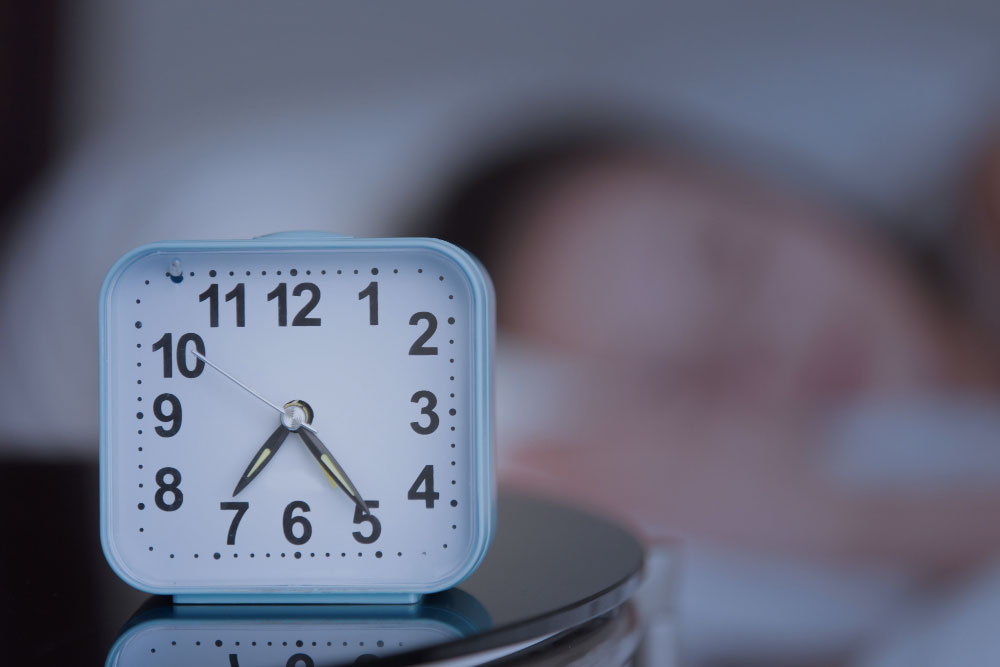Pharmacy Question of the Day: How Can I Manage Jet Lag?
Jet lag can turn an exciting trip into a sluggish and exhausting experience. It occurs when your internal body clock (circadian rhythm) is out of sync with the time zone of your destination. Fortunately, there are effective strategies to help your body adjust faster, and melatonin plays a key role in this process. Let’s explore how you can manage jet lag and get back to feeling your best.
What is Melatonin?
Melatonin is a naturally occurring hormone produced by the pineal gland in response to darkness. It helps regulate your sleep-wake cycle by signaling to your body that it’s time to sleep. When traveling across time zones, your body may struggle to produce melatonin at the right time, making it difficult to fall asleep or stay awake at appropriate hours.

How Can Melatonin Help with Jet Lag?
Melatonin supplements can assist in resetting your internal clock by mimicking the body’s natural sleep signals. Research suggests that taking melatonin can help travelers fall asleep faster, improve sleep quality, and reduce the overall duration of jet lag symptoms. However, timing and dosage are crucial for it to be effective.

Timing Your Melatonin Dose
One of the most common mistakes travelers make is taking melatonin at the wrong time. The key is to align melatonin intake with your destination’s bedtime rather than your departure time. Here’s how to do it effectively:
- If you’re traveling eastward, take melatonin in the evening at your destination’s local time to help advance your sleep cycle.
- If you’re traveling westward, melatonin is typically not needed, but in some cases, a small morning dose may help delay your internal clock.
- Avoid taking melatonin too late at night, as it may lead to grogginess the next morning.

How Long Should You Take Melatonin?
The duration of melatonin use depends on how long you’ll be in a different time zone. In general:
- For short trips (3-4 days): You may only need melatonin for a night or two until your body naturally adjusts.
For longer stays (one week or more): Taking melatonin for up to 5 days can be beneficial in helping your circadian rhythm synchronize with the new time zone.

Other Tips to Manage Jet Lag
While melatonin is an effective tool, other lifestyle habits can also help mitigate jet lag:
- Gradually Adjust Your Schedule: A few days before departure, try shifting your bedtime closer to your destination’s time zone.
- Get Plenty of Sunlight: Natural light exposure helps reset your body clock. Spend time outdoors in the morning if adjusting to an earlier schedule, or in the evening if adjusting to a later schedule.
- Stay Hydrated: Dehydration can worsen jet lag symptoms, so drink plenty of water before, during, and after your flight.
- Avoid Caffeine and Alcohol Before Bed: These substances can interfere with melatonin production and disrupt sleep quality.
Use Blue Light Filters: Limit screen exposure before bedtime, as blue light from devices can suppress melatonin production.

Conclusion
Jet lag can be frustrating, but with proper planning and the use of melatonin, you can minimize its effects and enjoy your trip. By taking melatonin at the right time, maintaining good sleep hygiene, and using natural light to your advantage, you can help your body adjust smoothly to a new time zone.
References
- Herxheimer, A., & Petrie, K. J. (2002). Melatonin for the prevention and treatment of jet lag. Cochrane Database of Systematic Reviews, (2).
- Sack, R. L. (2010). Jet lag. New England Journal of Medicine, 362(5), 440-447.
Arendt, J. (2009). Managing jet lag: Some of the problems and possible new solutions. Sleep Medicine Reviews, 13(4), 249-256.




